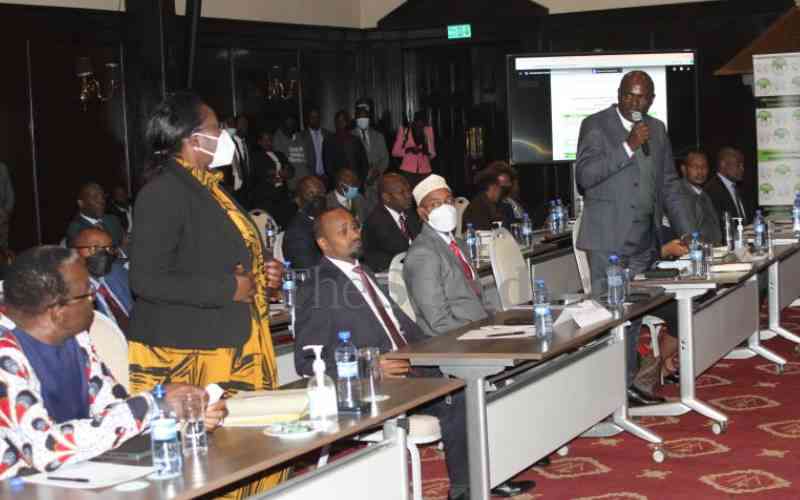×
The Standard e-Paper
Home To Bold Columnists

The recent consultative meeting between the Independent Election and Boundaries Commission (IEBC) and the four presidential candidates is a welcome development for all stakeholders.
This coming slightly over a month to the 2022 presidential and general elections is testimony to the seriousness the candidates and their supporters attest to the underlying issues at hand. The importance of the meeting was attested by the fact that all the four Presidential candidates attended in person.